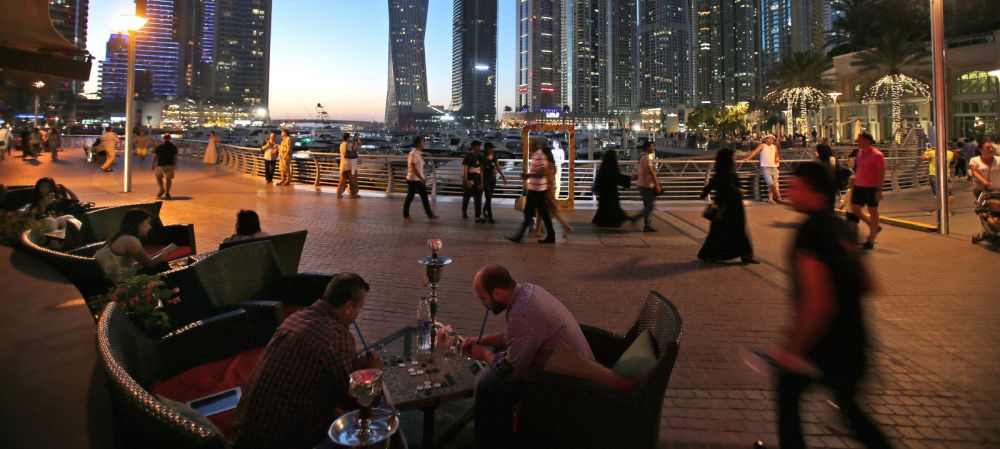
When moving to Dubai, you’re moving to a part of the world that has a very different culture and customs from the West. Put a foot wrong and you can end up in trouble with the authorities or with the locals, depending on your misdemeanour.
Here are a few things you should know to make sure this doesn’t happen.
The Financial Side
One of the most attractive things for an expat living in Dubai is that there’s no income tax. You may, however, still be liable to pay tax to your country of origin. If you’re planning to stay in Dubai long term, apply for a residency permit and you can avoid this.
Becoming a resident of Dubai means you’ll have to pay council tax. If you own a property and rent it out, you’ll be liable to rental tax.
Naturally, you’ll need to open a bank account in Dubai. To do this, you’ll require a residency permit, a letter of no objection from your employer or sponsor, and a salary certificate. You may want to take out a personal loan for big expenses such as a car or your child’s education (education in Dubai is expensive). The good news is that you don’t have to do all your personal banking with one bank to take out a personal loan in the UAE.
Starting a Business
Dubai is a terrific place to start your business. Set yours up in one of the emirates free zones and you’ll be exempt from paying taxes or customs duties. As part of this drive to encourage international trade, the authorities also lifted foreign businesses’ obligation to share ownership with a UAE national.
One of the other perks is that there are no restrictions on recruitment or sponsorship, making it easier to expand and promote your business.
The Social Side
Fairly conservative dress is best when you’re in in public. Men should avoid wearing shorts, and women shouldn’t wear clothes that display their shoulders or the top halves of their arms. If you’re going to the beach or spending a day by the pool, you may want to walk around in them elsewhere in the area. Keep them to the beach and pool.
Likewise, you should behave conservatively in public. Avoid showing affection to your other half in public, especially if you’re not married. Members of the opposite sex should resist the temptation to flirt with each other.
Needless to say, drunkenness isn’t approved, and if you wish to buy alcohol you must have a licence. This licence is only be valid in the emirate that granted you it.
Other things to watch out for are the use of audio equipment and powerful cameras. You may need a licence for them, so check with a UAE embassy in your country of origin before leaving. One last thing is that if you decide to pay for something by cheque, be sure you have the money in your account to cover it. Not only is a bounced cheque embarrassing: it’s illegal and can land you in prison. Ouch!
As you can see, while you go about your business in Dubai, perfectly innocent things you’d do at home can be misconstrued, frowned upon or even constitute a criminal act crime. Follow these tips to stay on the straight and narrow, and you can enjoy a relaxing expat experience in Dubai.
Click here for more information on do’s and don’ts in Dubai.






